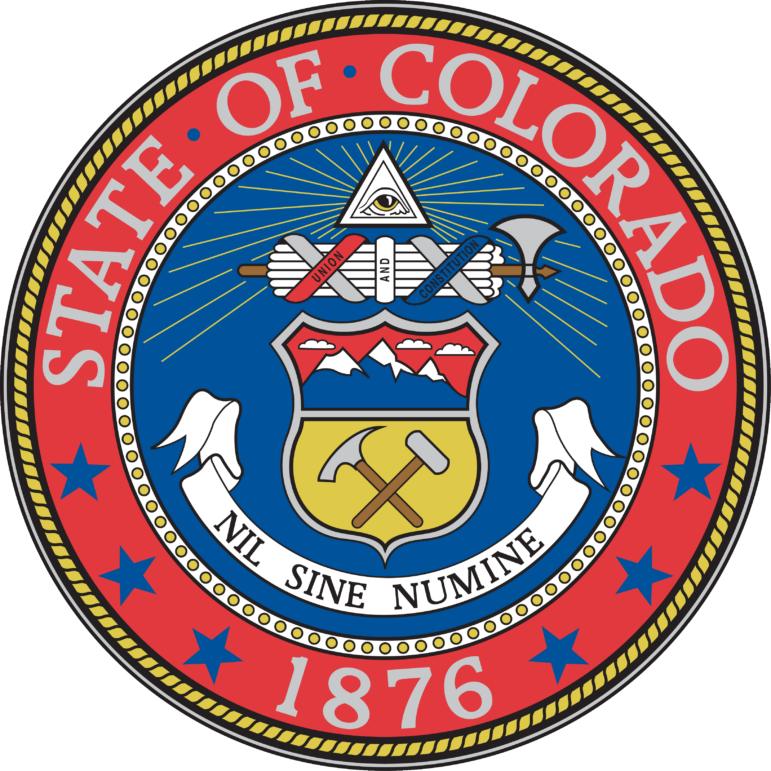BOULDER, Colorado – A United Nations panel is meeting at the University of Colorado-Boulder at the Law School to discuss the role of Indigenous leaders and communities in the ‘greening’ of the economy. “Greening the economy” refers to the pursuit of economic development and growth in a manner that is environmentally sustainable and socially inclusive. The concept involves adopting practices and policies that promote environmental conservation, resource efficiency, and social equity. The goal is to create a more sustainable and resilient economy that minimizes negative impacts on the environment while also addressing social and economic inequalities.
Indigenous communities can play central roles in promoting and guiding sustainable practices. Fundamental principles guiding the lives of the world’s 476 million Indigenous peoples emphasize balance and reciprocity with nature. Many Pagans will resonate with Indigenous spirituality that promotes that balance. This concept hopes to ensure the collective well-being of both people and nature, underscoring the interconnectedness of human and environmental flourishing.
In contrast to prioritizing human economic expansion that often treats nature conservation as a separate endeavor, many Indigenous societies strive to maintain holism in their views of different facets of the social, spiritual, and natural world. As an example, the Quechua and Aymara people of Peru often describe the world as categorized into three communities: The Wild, The Human, and The Sacred. Harmony and peaceful existence are achieved in the balance of the three.

Seal of Colorado
The annual Expert Group Meeting on Indigenous Issues, organized by the United Nations Department of Economic and Social Affairs, had originally been planned to occur in Guatemala this year. However, due to political challenges in that country, the U.N. had to seek an alternative location. The assembly comprises U.N. staff, ambassadors, politicians, and global academic experts.
Kristen Carpenter, who holds the Council Tree Professorship of Law and serves as the Director of the American Indian Law Program at the University of Colorado Law School, disclosed that U.N. officials contacted both her and the university. Their aim was to explore the feasibility of relocating the meeting with only seven weeks’ notice, given the unforeseen circumstances in Guatemala.
“It wasn’t the kind of opportunity that we could say no to,” she told Colorado Public Radio. “And I’m so glad that we said yes.”
The agenda revolves around deliberations on the relationship between Indigenous peoples and the environment. A key focus is evaluating the extent to which these communities are actively included in initiatives aimed at fostering a more eco-friendly and sustainable economy.
“The transition away from fossil fuels is key to addressing climate change, and yet, this transition cannot occur at the expense of Indigenous peoples’ rights to life, culture, land, religion, or their own economic development,” Carpenter noted.
The conference also hopes to address how Indigenous communities are more effectively included in the economic dialogue because their voices are often overlooked. Recently, as an example, the Navajo Nation raised objections about materials transported to the Moon. The US Administration reportedly did not engage in a dialogue on the matter despite the Navajo Nation’s request.
“We’re trying to deal with a climate that affects everybody, including and to a greater degree Indigenous peoples. So the question is, as we do this, how are Indigenous peoples part of that equation? And it raises some really important questions,” said Keith Harper, an independent expert on the permanent forum and a citizen of the Cherokee Nation.
“Here in the United States, lithium mining often occurs or is proposed to occur on Indigenous people’s lands, thereby violating those rights,” Carpenter said. “So how do we ensure that the greening economy moves forward without further violating the rights, the livelihoods, the cultures of Indigenous peoples?”

At the commencement of the event, Chairman Manuel Heart of the Ute Mountain Ute tribe addressed the gathered audience and shared a prayer. He emphasized the significance Indigenous cultures place on future generations, highlighting their commitment to safeguarding the land for the well-being of those to come.
“Usually they hold it in different countries. Mainly the United Nations is held in Geneva, Switzerland, or New York,” Heart said. “But today, we have the honor to have them come here to Colorado, to the Ute people’s aboriginal lands.”
The Expert Panel hopes to produce a document that helps the UN and world leaders and policymakers engage Indigenous communities more fully while addressing the diversity of challenges across Indigenous communities. They hope the final document is comprehensive, detailing important history, lessons, and practices that support Indigenous engagement in economic matters. Recently, at the World Economic Forum in Davos, Switzerland, a Yawanawá shaman and leader led a ritual to unite thoughts in a common direction.
“What is experienced by Mapuche Indians in Chile may be fundamentally different from what is experienced by Navajo Indians in Arizona and certainly different from Indigenous peoples of Burundi in Africa,” Harper said. “So [the forum] is about how do we gather the experience from these different communities, distill them into lessons learned, best practices, and then communicate that in an understandable format in a U.N. report.”
The conference concludes tomorrow.
The Wild Hunt is not responsible for links to external content.
To join a conversation on this post:
Visit our The Wild Hunt subreddit! Point your favorite browser to https://www.reddit.com/r/The_Wild_Hunt_News/, then click “JOIN”. Make sure to click the bell, too, to be notified of new articles posted to our subreddit.